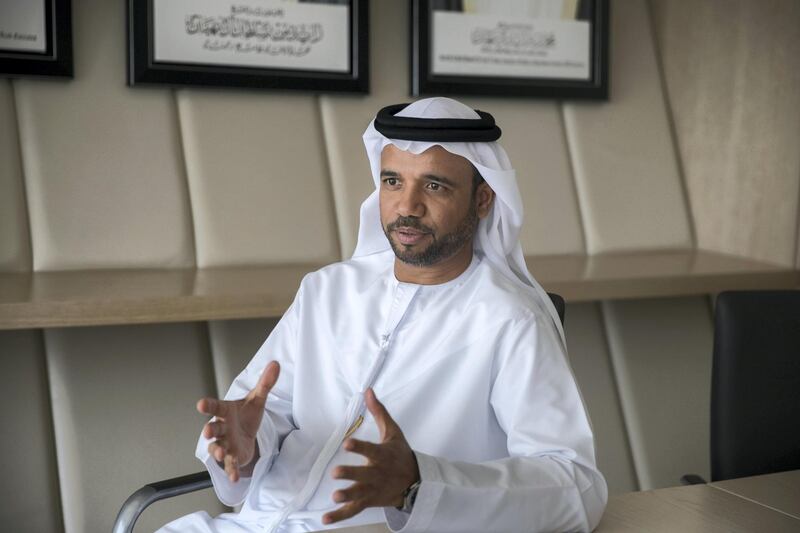Abu Dhabi industrial company Senaat may issue a sukuk next year after listing a $300 million Sharia-compliant bond, largely to refinance existing debt at subsidiary Emirates Steel, its chief executive said on Sunday.
The $300m sukuk issued last month is part of a $3 billion trust certificate issuance programme, which Senaat may or may not tap in the future.
"The structure of the deal is $3bn and we review our sources and pricing that we have in order to have a sustainable and robust financial position," he added.
"The reason behind us having the structure is there is potential [in 2019] and [will be] based on our next review. At the moment, we have different sources," Senaat chief executive Jamal Al Dhaheri.
Emirates Steel chief executive Saeed Al Remeithi said that there were "strong indications" for another potential sukuk.
____________
Read more:
Exclusive: Senaat plans to seek exemptions from metals tariffs for its subsidiaries
Exclusive: Agthia expects to expand into new markets amid competition in GCC
____________
Senaat manages more than Dh27.2bn worth of assets for companies, including the UAE’s largest steel producer, Emirates Steel and two entities from the aluminium sector. The holding company is mandated to execute industrial sector activity through investments in metals, oil and gas services and construction, as well as food and beverage manufacturing.
Senaat's sukuk was raised at a profit rate of 4.76 per cent with a seven-year tenure and rated A3 by Moody's and a stable A by Fitch.
The sukuk's listing on the Abu Dhabi Securities Exchange and London Stock Exchange is the first of dual-listing between the two markets. The issue was 10 times oversubscribed, by around 180 local and global investors, including 70 institutional investors.
"We would like to cover Europe, which is why we’ll list in the UK. We had a lot of traction in the market and led to a high over-subscription of the sukuk," said Mr Al Dhaheri.
Of the allocated issuance, 65 per cent was subscribed by Mena investors and 23 per cent from Europe and 12 per cent from Asia, he added.







